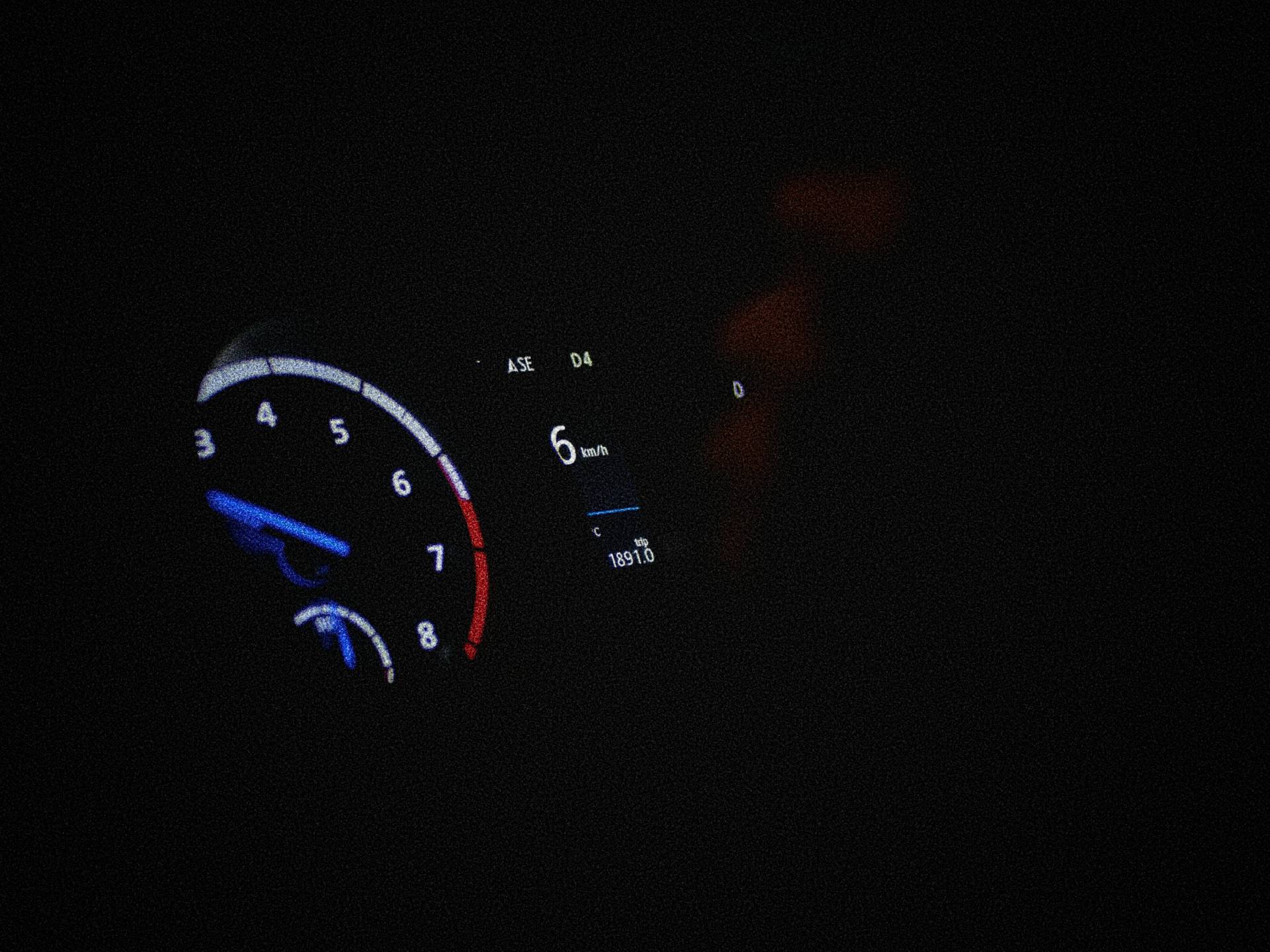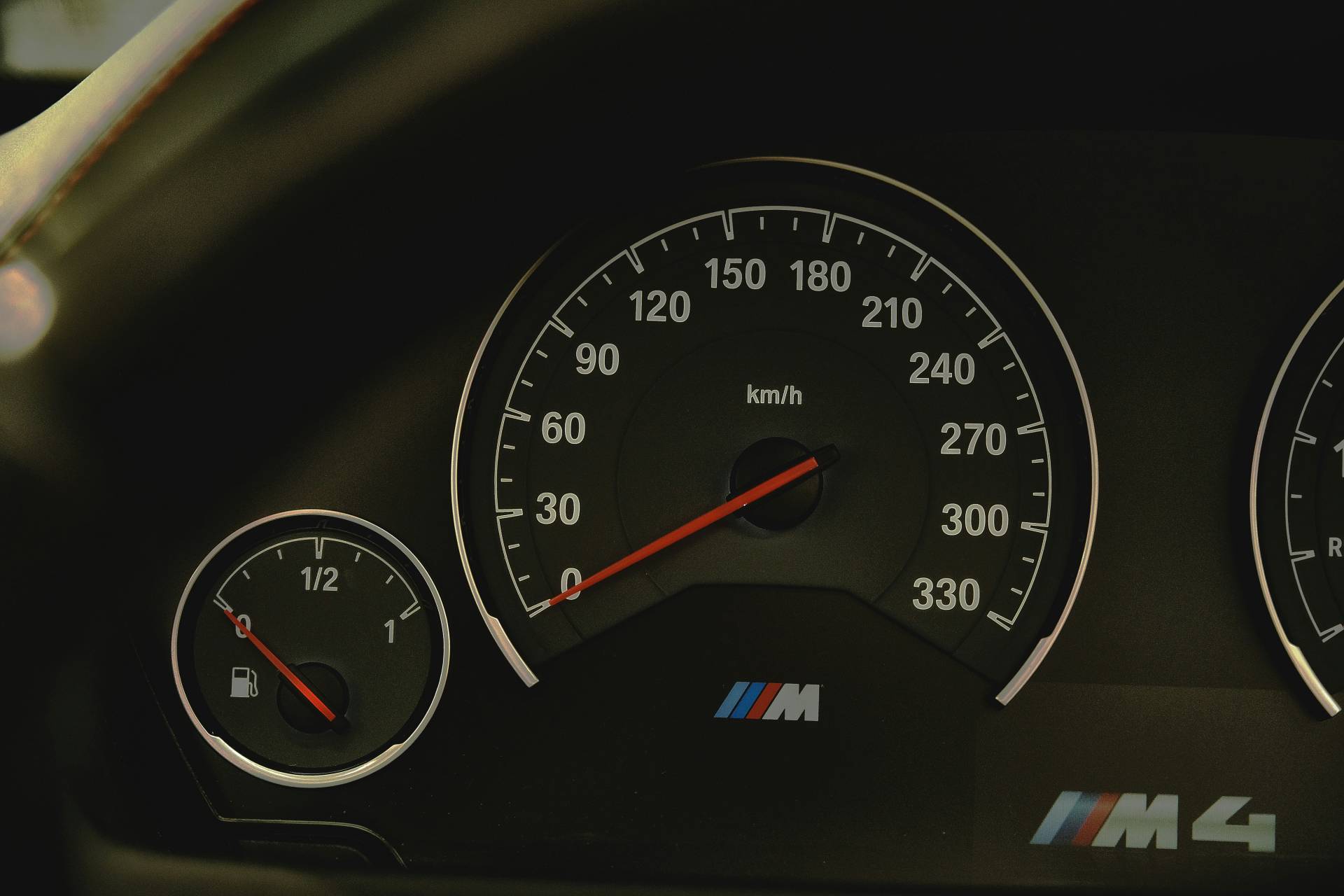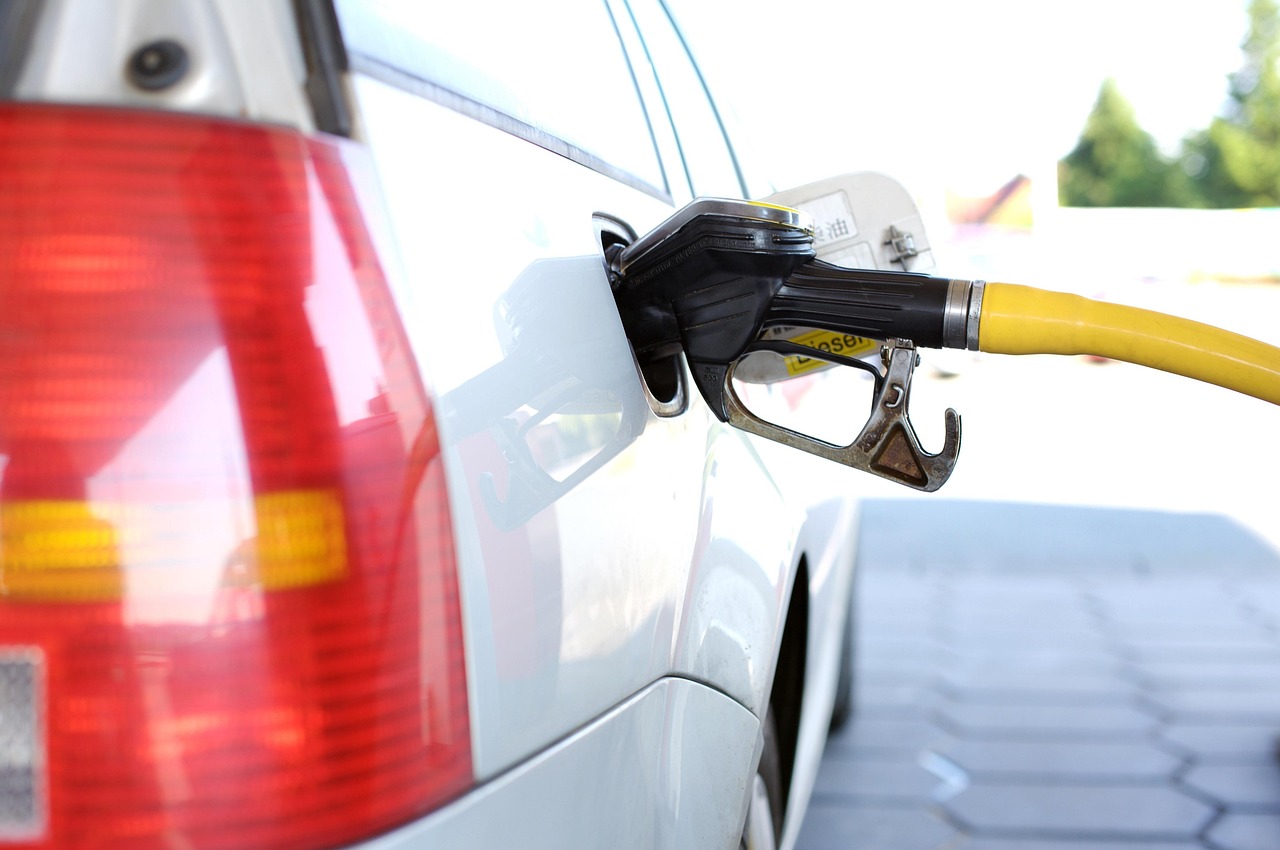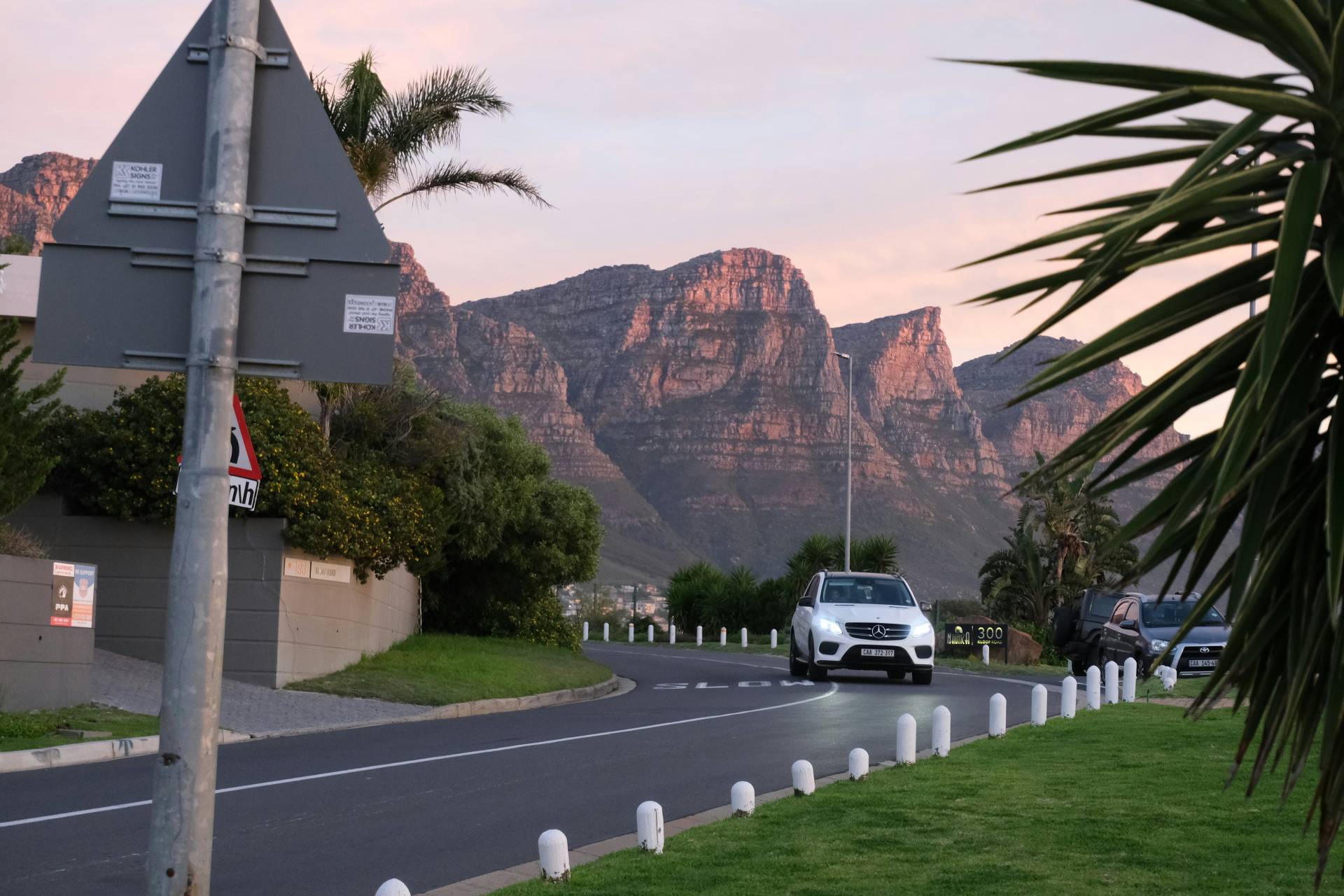
25 Years of Exploration: Kingsley Holgate & Land Rover Defender
There’s a certain image that comes to mind when you think of African exploration –...
 9 February 2026
9 February 2026 
While South Africans can look forward to a marginal decrease in fuel prices in June 2025, forecasters predict that tax hikes could cause petrol prices to spike in July. This follows the government’s announcement of a 15 cents and 16 cents per litre tax hike for diesel and petrol, set to take effect from 4 June.
Read on to learn more about the potential impact on fuel prices from July onwards.

Tax hikes could cause petrol prices to spike in July | Photo: Ewan Z via Unsplash
Data from the Central Energy Fund (CEF) shows that both petrol and diesel are still expected to drop in price in early June. However, the size of these decreases has been shrinking steadily through May.
By the end of the third week of May, the CEF recorded:
These figures represent how much less South Africans should be paying based on international pricing trends. Unfortunately, the upcoming fuel tax increases will offset much of this relief.

Any unexpected shift in the oil price or rand value could tip petrol prices into an increase rather than a cut | Photo: Clayton Majon via Unsplash
From 4 June, the general fuel levy will rise by:
When these are factored in, the real-world impact on fuel prices looks like this:
This means any unexpected shift in the oil price or rand value could tip petrol prices into an increase rather than a cut, which would be reflected from July 2025.

The stronger rand has been responsible for a 35 cents per litre over-recovery in petrol and diesel prices | Photo: Deniz Demirci via Unsplash
Several factors are at play. International oil prices have bounced back after stabilising from earlier drops due to global trade tensions. Brent crude is hovering around US $64 per barrel, up from the start of May.
Meanwhile, OPEC+ supply decisions and rising US oil stockpiles have added to uncertainty, with crude down around 14% year-to-date, hitting a three-year low in April.
The rand’s recovery has played a key role in softening the blow. In May, it strengthened to below R18.00 to the dollar, driven by improved domestic and global conditions and political stability following the announcement of the Government of National Unity (GNU).
The stronger rand has been responsible for a 35 cents per litre over-recovery in petrol and diesel prices. However, a slight weakening after this week’s budget announcement and political tensions may limit its impact going forward.

Many South Africans are turning to more fuel-efficient vehicles | Photo: andreas160578 via Pixabay
In response to rising fuel costs, many South Africans are turning to more fuel-efficient vehicles. Here are some of the most fuel-efficient cars available to hire from Drive South Africa:
Fuel Efficiency: 4.2 L/100km Features: Compact design, ideal for city driving
Fuel Efficiency: 4.2 L/100km Features: Modern styling with efficient performance
Fuel Efficiency: 4.3 L/100km Features: Hybrid technology offering both power and efficiency
Fuel Efficiency: 4.4mL/100km Features: Affordable entry-level vehicle with impressive fuel economy
Fuel Efficiency: 4.4 L/100km Features: Sporty design with efficient performance

Ultimately, the fuel levy hike will increase the cost of travel | Photo: Anil Baki Durmus via Unsplash
For motorists, the outlook remains mixed. Diesel users will likely still enjoy moderate relief in June, while petrol users could face a price increase if oil prices rise or the rand weakens further in the days ahead.
Ultimately, the fuel levy hike will increase the cost of travel, especially for those planning road trips or relying on rental vehicles.
So, if you’re planning a journey during the upcoming school holidays or a long-distance road trip, it’s worth keeping an eye on the official fuel price announcement at the end of May. For renters, Drive South Africa’s Fuel Cost Calculator is a handy tool to estimate your travel expenses based on up-to-date prices.